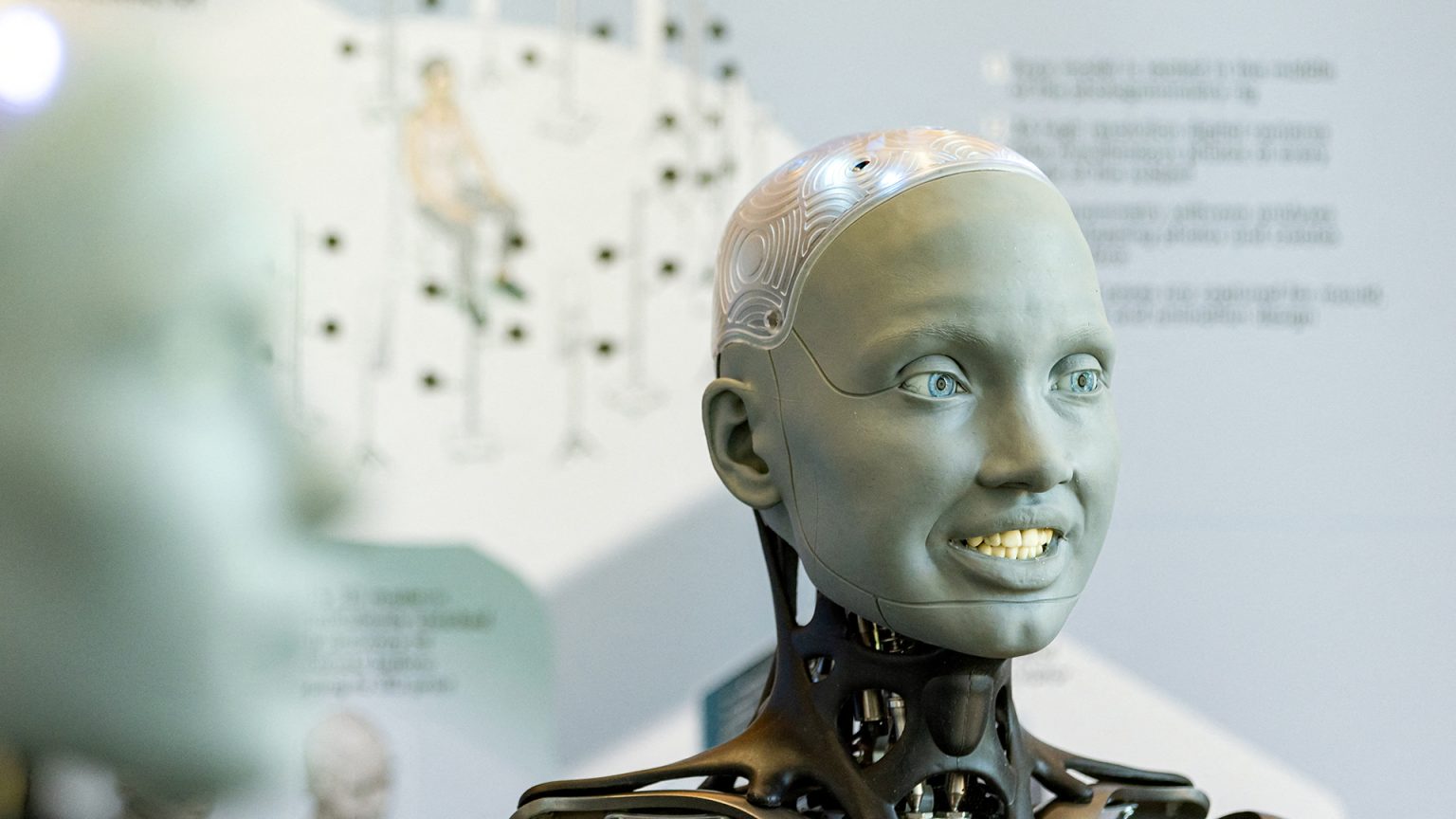AI, or artificial intelligence, is a rapidly growing industry that is estimated to receive nearly one trillion dollars in investments from tech companies in the near future. Supporters of AI believe that the technology has the potential to increase productivity, boost incomes, and revolutionize the global economy. However, there is also a growing concern among investors that AI may not deliver the substantial profits they are seeking in the short term. Critics of AI warn that the technology could potentially replace human jobs and deepen existing inequalities within society.
As the debate surrounding AI continues to intensify, there is a push for regulators to develop policies that will harness the potential benefits of AI for the betterment of all humanity. This includes addressing issues related to employment, income inequality, and the overall impact that AI may have on society. It is important for policymakers to strike a balance between allowing for innovation and progress in the AI industry while also safeguarding the interests and well-being of individuals who may be affected by the technology.
One of the key concerns surrounding AI is its potential to disrupt the job market and displace human workers. As AI becomes more advanced and capable of performing tasks traditionally carried out by humans, there is a fear that certain job sectors may experience significant job losses. This could exacerbate existing inequalities and create new challenges for individuals who are unable to adapt to the changing labor market. It is essential for policymakers to address these concerns proactively and develop strategies to mitigate the negative impacts of AI on employment.
In addition to concerns about employment, there are also worries about how AI may impact income inequality. As AI becomes increasingly integrated into various industries, there is a risk that wealth and power will become concentrated in the hands of a few individuals or companies. This could further widen the gap between the rich and the poor and create new social divides. It is crucial for policymakers to consider these implications when developing regulations and policies related to AI in order to ensure that the benefits of the technology are distributed equitably across society.
Despite the potential risks associated with AI, there is also significant excitement about the technology’s potential to drive innovation and economic growth. AI has the capacity to revolutionize industries, create new opportunities for businesses and individuals, and drive progress in various areas of society. As such, it is important for policymakers to strike a balance between fostering innovation and addressing the potential risks and challenges posed by AI. By working collaboratively with stakeholders, regulators can ensure that AI benefits all of humanity while also mitigating potential negative consequences.
In conclusion, the debate surrounding AI is complex and multifaceted, with both supporters and critics acknowledging the significant impact that the technology may have on society. While AI has the potential to drive economic growth, increase productivity, and revolutionize industries, there are also concerns about its impact on employment, income inequality, and social cohesion. Policymakers play a crucial role in shaping the future of AI by developing regulations and policies that strike a balance between fostering innovation and safeguarding the interests of individuals and society as a whole. By working together to address these challenges, we can harness the potential of AI for the benefit of all humanity.













